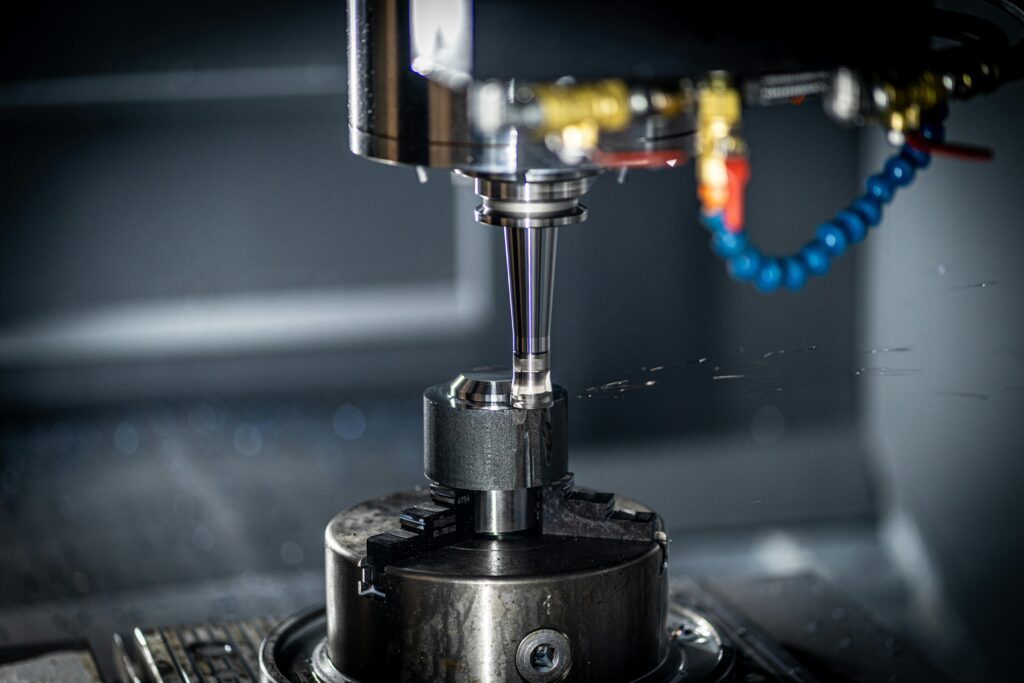Choosing the Right Material for Your CNC Machined Parts: A Comprehensive Guide
Factors to Consider When Choosing a Material Before diving into specific materials, it’s essential to understand the factors that influence material selection. Here are the key considerations: Application Requirements: What is the part’s primary function? Will it be exposed to high temperatures, corrosive environments, or heavy loads? Mechanical Properties: Consider properties like strength, hardness, ductility, and wear resistance. These will determine how well the material performs under stress. Machinability: Some materials are easier to machine than others. Machinability affects production time, tool wear, and overall costs. Cost: Material costs can vary significantly. Balancing performance requirements with budget constraints is crucial. Aesthetics: If the part will be visible, surface finish and appearance may be important. Regulatory Compliance: Certain industries, like medical and aerospace, have strict material requirements to ensure safety and performance. Common Materials for CNC Machining Here’s an overview of the most commonly used materials in CNC machining, along with their properties and typical applications: 1. Aluminum Properties: Lightweight, excellent strength-to-weight ratio, good corrosion resistance, and high machinability. Applications: Aerospace components, automotive parts, consumer electronics, and enclosures. Popular Alloys: 6061, 7075, 2024. Why Choose Aluminum? Aluminum is ideal for parts that require strength without added weight. Its excellent machinability makes it a cost-effective choice for high-volume production. 2. Stainless Steel Properties: High strength, excellent corrosion resistance, and durability. Applications: Medical devices, food processing equipment, marine components, and industrial machinery. Popular Grades: 304, 316, 17-4 PH. Why Choose Stainless Steel? Stainless steel is perfect for applications that demand durability and resistance to harsh environments. Its biocompatibility also makes it a top choice for medical devices. 3. Titanium Properties: Exceptional strength-to-weight ratio, corrosion resistance, and biocompatibility. Applications: Aerospace components, medical implants, and high-performance automotive parts. Popular Grades: Grade 2, Grade 5 (Ti-6Al-4V). Why Choose Titanium? Titanium is unmatched in applications requiring lightweight, high-strength materials. However, its high cost and challenging machinability make it suitable for specialized applications. 4. Brass Properties: Excellent machinability, good corrosion resistance, and aesthetic appeal. Applications: Plumbing fittings, electrical components, and decorative parts. Popular Alloys: C360, C260. Why Choose Brass? Brass is easy to machine and offers a beautiful finish, making it ideal for both functional and decorative parts. 5. Plastics (Engineering Grades) Properties: Lightweight, corrosion-resistant, and electrically insulating. Applications: Prototyping, consumer electronics, and medical devices. Popular Types: ABS, PEEK, Delrin, Nylon. Why Choose Plastics? Plastics are ideal for lightweight, non-conductive parts. They are also cost-effective for prototyping and low-volume production. Material Selection Tips Here are some practical tips to help you choose the right material for your CNC machined parts: Start with the End Use: Define the part’s function and operating environment. This will narrow down your material options. Consider Machinability: If you’re working with complex geometries or tight tolerances, choose a material that’s easy to machine. Factor in Costs: Balance performance requirements with your budget. Sometimes, a slightly more expensive material can save costs in the long run by reducing maintenance or extending the part’s lifespan. Consult with Experts: Work with your machining partner to select the best material for your project. Their expertise can help you avoid costly mistakes.


